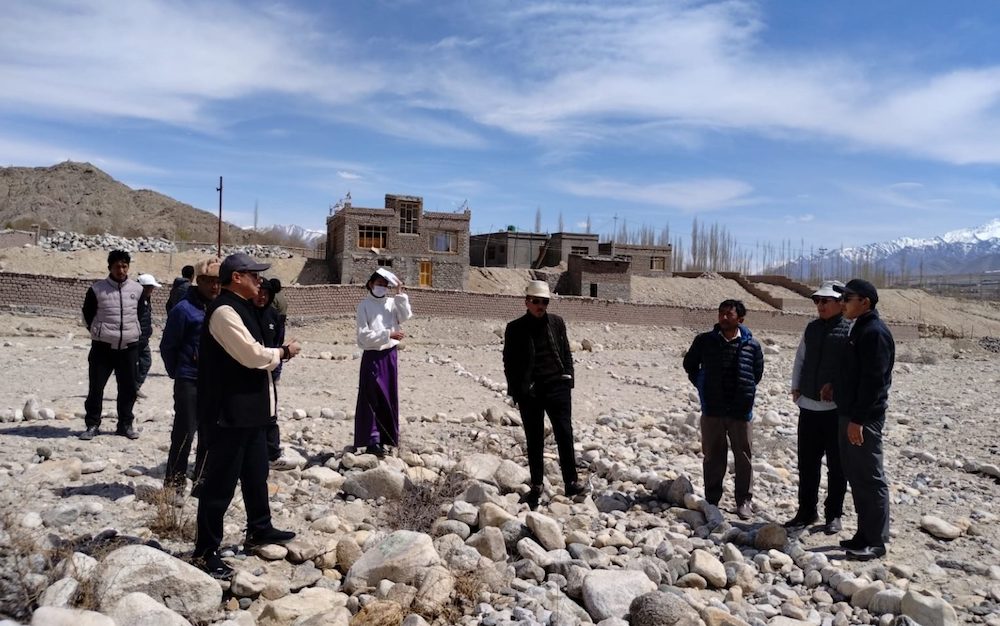A Lhasa official made a rare admission of the arrest of two Tibetans on ‘splittist’ offences this week, according to a report by Associated Press on 27 August. Vice Mayor of the city Dargye (named using a Chinese transliteration as Tajie) told reporters on an official press trip to the Tibet Autonomous Region (TAR) that Tibet University student Dawa Tashi had been arrested in June with 72-year old Yeshe Gyatso on suspicion of ‘separatist offences’. The Vice Mayor said that Dawa Tashi had ‘confessed’ and had been released this month but that Yeshe Gyatso was still in custody.
Yeshe Gyatso, whose detention was reported by the Tibetan government in exile on 27 June, was a member of the Chinese People’s Political Consultative Conference (CPPCC) who used to work in the finance department of the Tibetan government prior to the 1959 ‘democratic reforms’. The Vice Mayor told reporters that both Yeshe Gyatso and Dawa Tashi had been accused of ‘splitting the motherland, undermining unity of nationalities and violating the constitution’, which are regarded as serious political crimes in China.
The Vice Mayor did not mention a second Tibet University student said to have been detained at around the same time for political offences, named as Buchung by the Tibetan government in exile, nor did he make any reference to the recent detention and subsequent release of another Tibetan scholar accused of similar offences according to reliable sources.
According to Associated Press, the Vice Mayor left the press conference on Wednesday (27 August) before further questions on the detentions could be asked by journalists. Such official admissions of detention on splittist charges are rare in Tibet and an atmosphere of fear and secrecy precludes open discussion even among Tibetans who know individuals who have been arrested. A senior Tibetan monk who is now in exile and who has friends in prison in Tibet said: ‘These days when people are arrested often nobody knows except the immediate family, and sometimes they don’t even know for some time. Once, all of us in a monastery would hear very quickly if a monk from our monastery died in prison or after release, but now the families are generally too scared to talk about it, and are often warned not to do so by prison officials, so it sometimes took months for the news to reach us when this happened.’
This is one in a series of independent reports by Kate Saunders commissioned by the Australia Tibet Council, Free Tibet Campaign and the International Campaign for Tibet.









